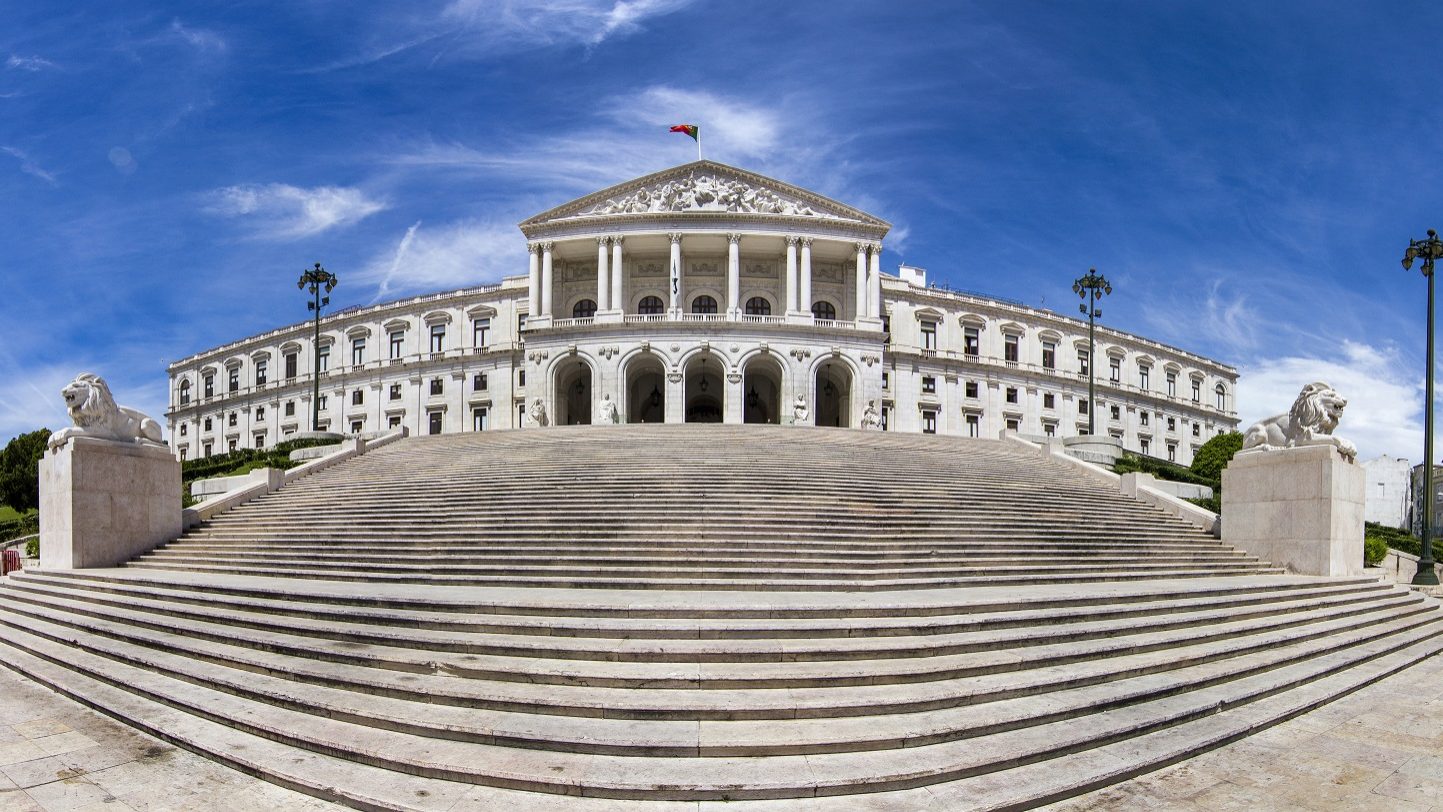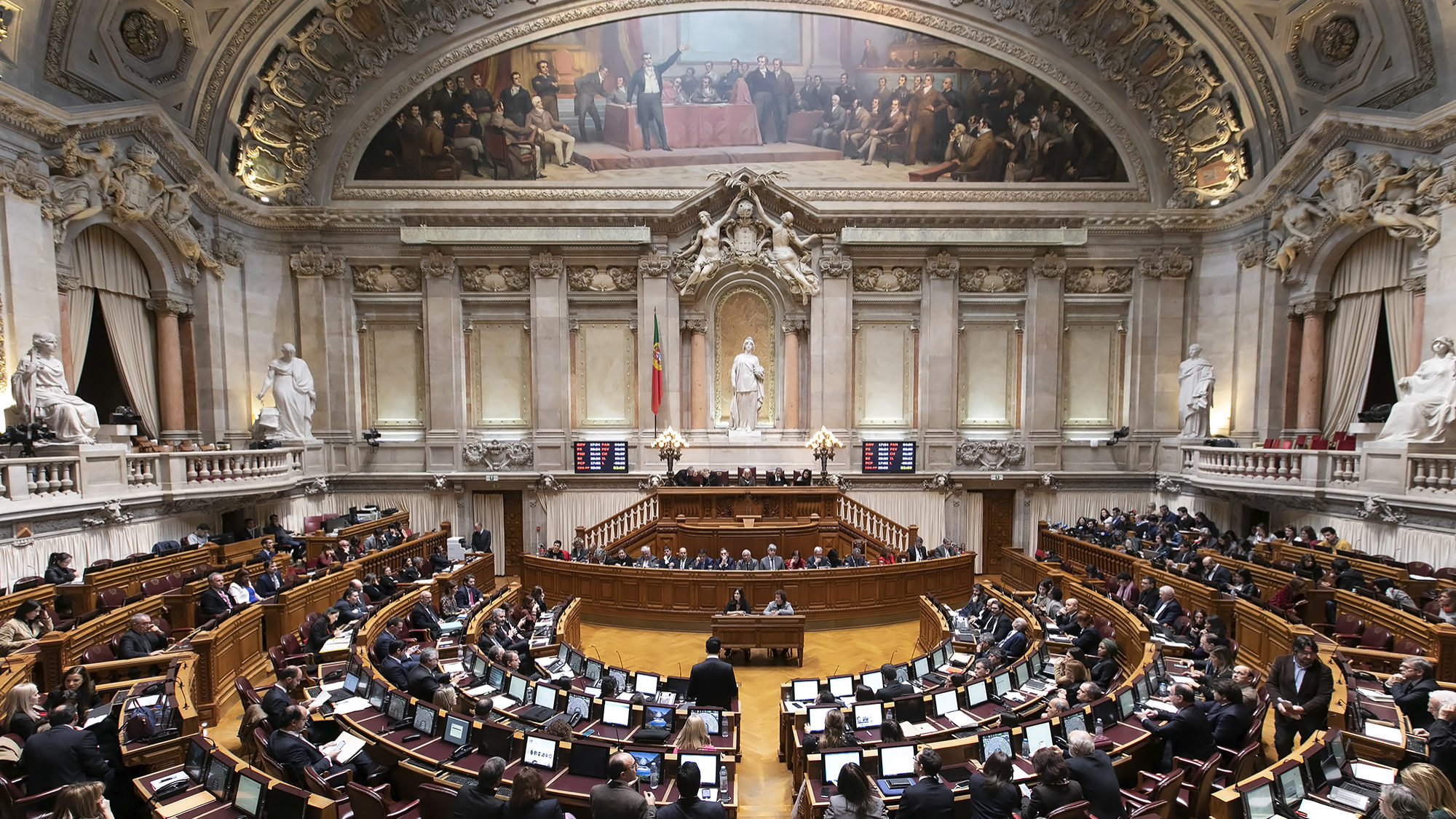Brussels gives the government carte blanche to implement the RRP
European Commission says that payment of RRP funds will continue, as long as "the delay in approving the Budget does not jeopardise the achievement of the goals" set.
From the outset, the President of Portugal sounded a warning note: rejecting the draft State Budget for 2022 (OE2022) would lead to snap elections and losing European funds for six months. The parliament’s left-wing turned a deaf ear, and the document was eventually rejected. The next steps are yet to be determined, it is all in Marcelo Rebelo de Sousa’s hands, but the European Commission takes the pressure off this equation and argues that the different tranches of the Recovery and Resilience Plan only depend on meeting the agreed targets and milestones and not on the State Budget.
“Payments to the member states under the Recovery and Resilience Mechanism are made according to performance,” a European Commission spokesperson told ECO. “member states’ payment requests have to be accompanied by evidence demonstrating that a set of milestones and targets, defined” when the RRP was approved, “have been achieved,” the same spokesperson added.
“As long as the delay in approving the national budget does not jeopardise the targets and milestones, there is no direct link between the Budget’s adoption and the request or disbursement of funds under the RRP,” concluded the Commission spokesman, downplaying the warnings issued by the Head of State as part of his “endeavours” to ensure the viability, in general, of the Budget proposal.
“If the OE were to fail, the government could hardly continue to govern with this year’s OE divided by 12 and without European funds,” Marcelo Rebelo de Sousa said about a fortnight ago, when the OE was already expected to fail. The President pointed to a new Budget only in April 2022.
The government recognises that without a State Budget and governing through a twelfth regime “creates difficulties to execute the RRP”. The minister of finance admitted this at a conference organised by ECO, but also recalled that “there are solutions that can be explored”. Solutions that may include the approval of a specific Rectifying Budget to accommodate the additional expenditure to execute the PRR – a hypothesis that is not totally excluded, since it would be difficult for the parties to vote against it. Or the vote, on a case-by-case basis, on authorisations to increase the expenditure ceilings arising from the twelfths regime, by transferring the available allocation from one budgetary programme to another.
Portugal was one of the first countries to receive a pre-financing payment, having been granted in August the first €2.2 billion tranche. In total, the country will receive €13.9 billion in grants and €2.69 billion in loans under the RRP, between 2021 and 2026.


